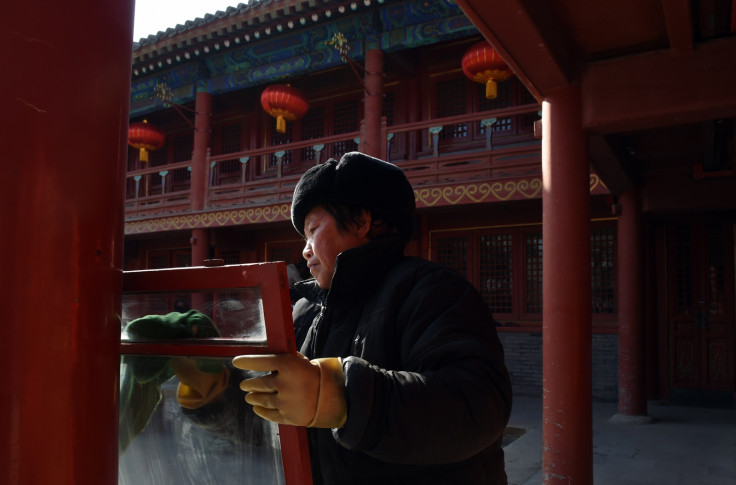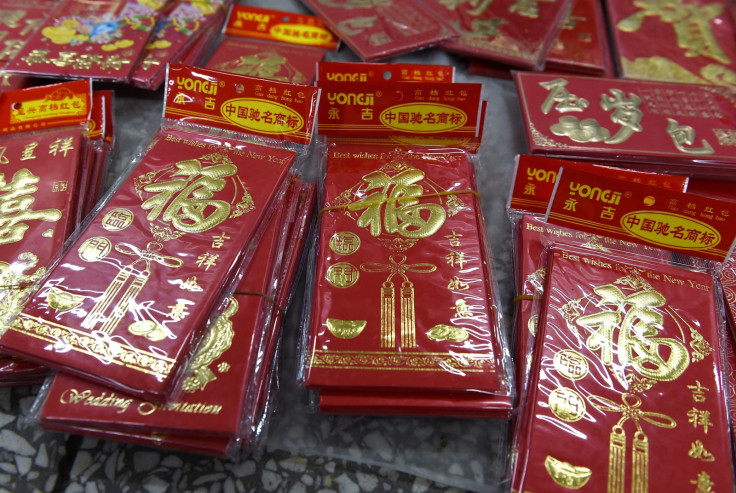Why is it traditional to clean your house before the Chinese New Year?
Giving your home a good scrub is one of many traditions to mark the Spring Festival.
Celebrations to mark the Chinese New Year are underway, with hundreds of millions of people travelling to the provinces to visit family and friends in the largest mass migration in the world.
This year will welcome the Year of the Rooster on Saturday 28 January, with family gatherings, parades, lanterns and red decorations to bring luck and prosperity in the coming year.
Celebrations for the Chinese New Year, also known as the Lunar New Year or the Spring Festival, last for 15 days until the Lantern Festival, which marks the end of the new year period.
While many of us do a spring clean to declutter before the summer months, one Chinese New Year tradition involves scrubbing your home ahead of the new year – a symbolic act to remove the old and welcome the new.
Sweeping the floor and disposing of the rubbish on the first day of the new year – via the back door of the home – should be done before midnight on the eve of the Lunar New Year, so on 27 January.

It is believed this will rid your home of bad luck accumulated over the past year. According to superstition, you should also pay off debts and make amends with people you have argued with too.
After the cleaning, it is traditional to adorn your home with red decorations. Red symbolises fire, which is believed to drive away bad luck.

What other traditions are associated with the Chinese New Year?
- Dinner is one of the most important as it reunites families who live apart. Fish and dumpling dishes signify prosperity, jiu – a traditional alcoholic drink – signifies longevity, rice ensures harmony and red chillies signify good luck.
- In a similar way to red and fire driving away bad luck, fireworks are said to drive away evil. It is believed that the person who launches the first firework of the New Year will have good luck for the coming year.
- Besides firecrackers, food, activities, and music, Chinese New Year parades are a rare opportunity to watch colourful lion dances – which are traditionally carried out for big Chinese celebrations such as the new year to pray for good luck.
- Red envelopes containing money are given by adults to children in the New Year. It was believed that the money in the red packet will suppress evil, keep them healthy and bring good luck.
- Another tradition is to avoid having your hair washed or cut on the new year, to avoid ridding your future of fortune. The Chinese character for hair is the same first character in the word for prosper.
- It is also bad luck to buy books and magazines during the 15-day Chinese New Year celebration.
© Copyright IBTimes 2025. All rights reserved.





















